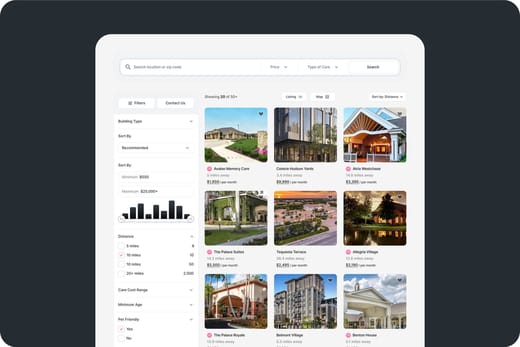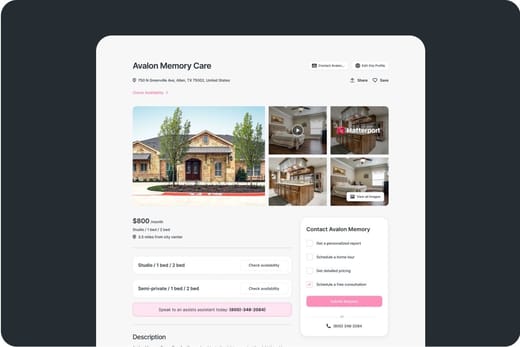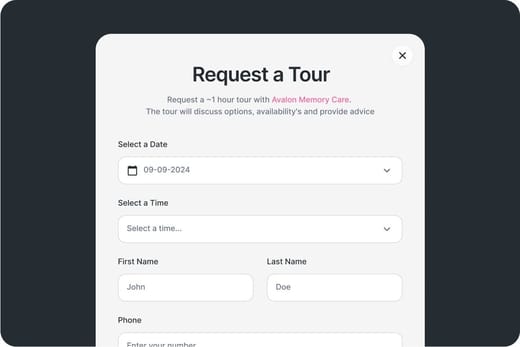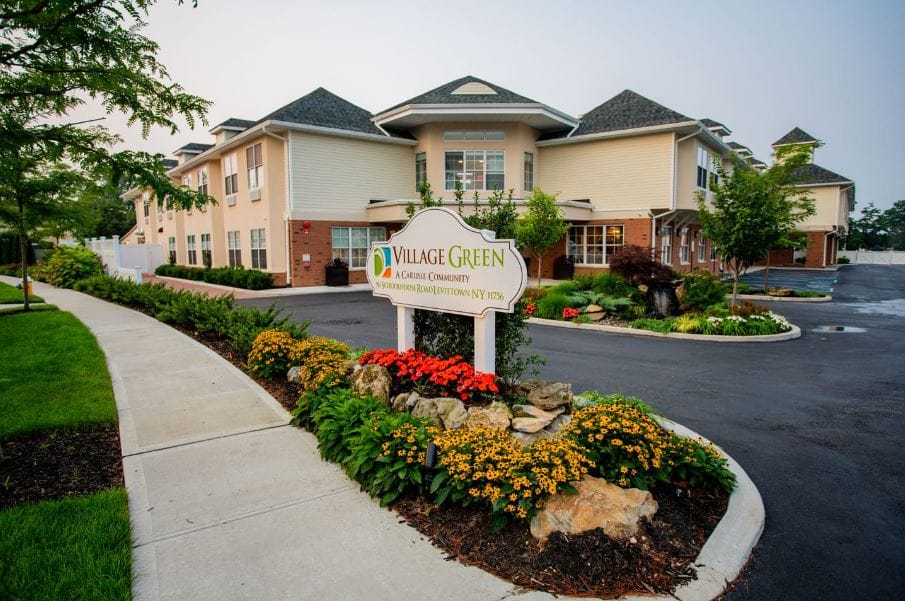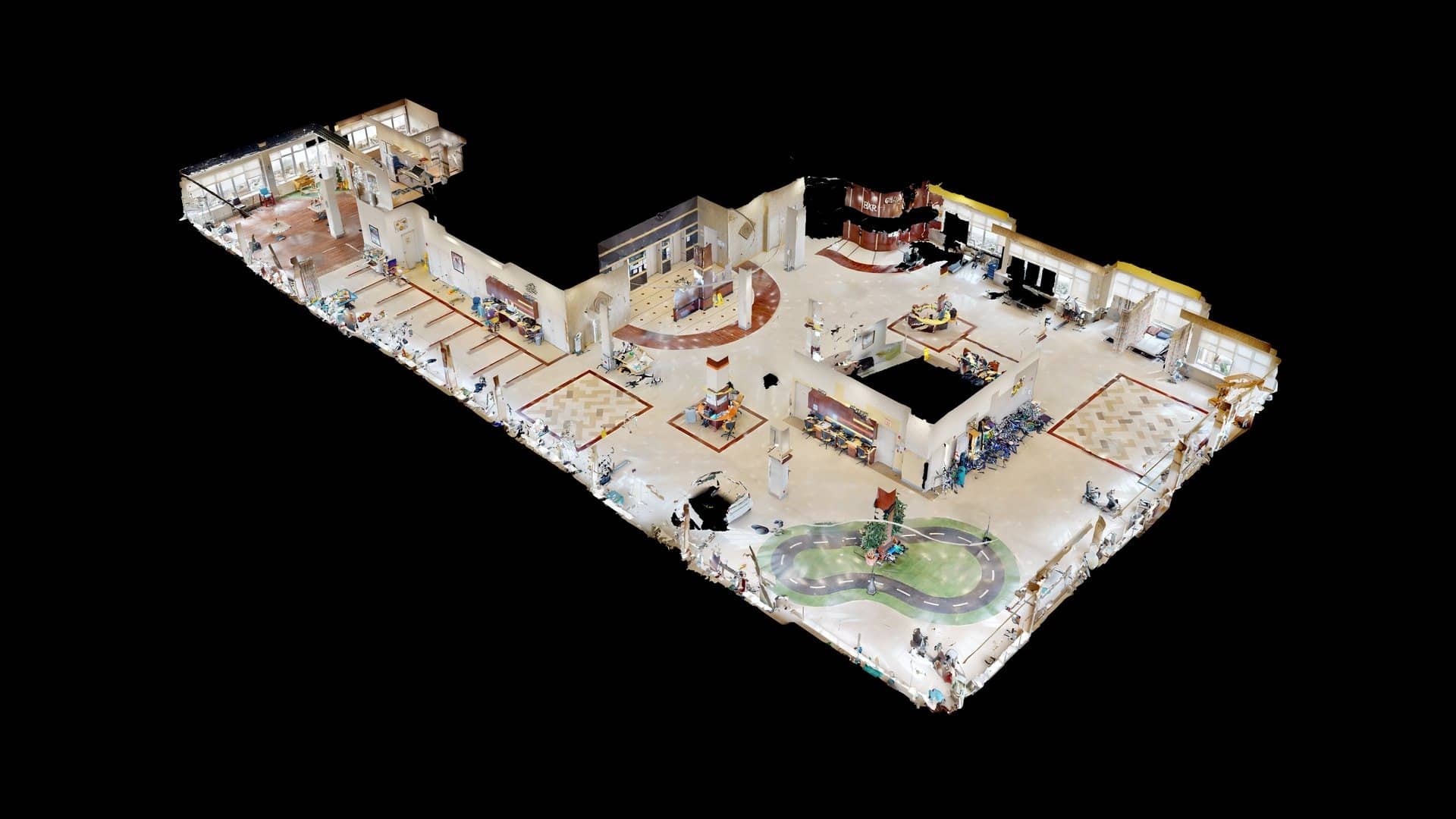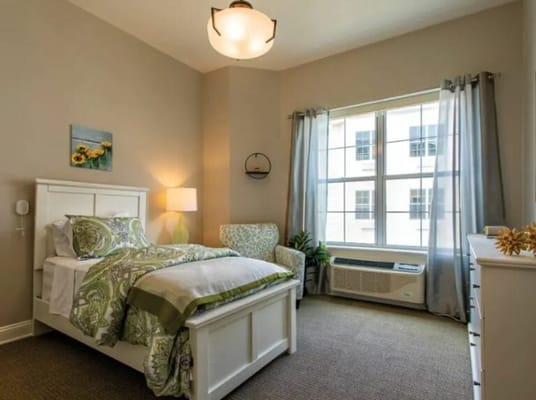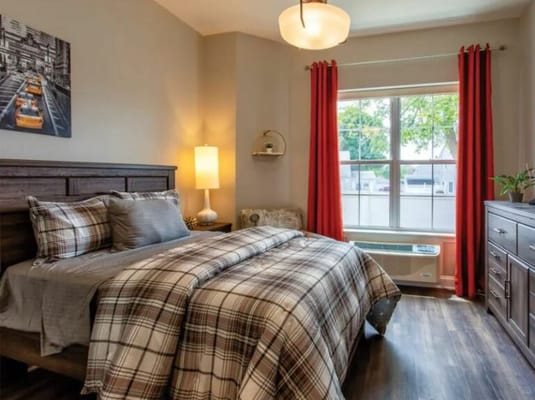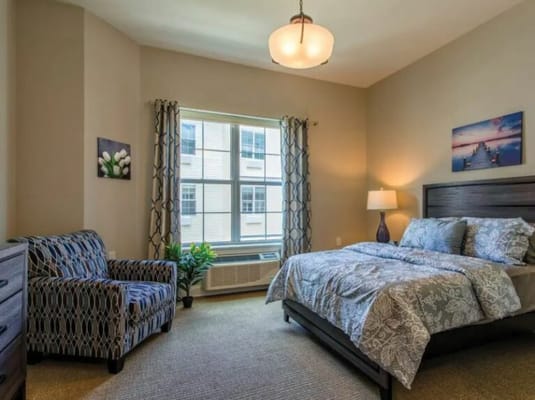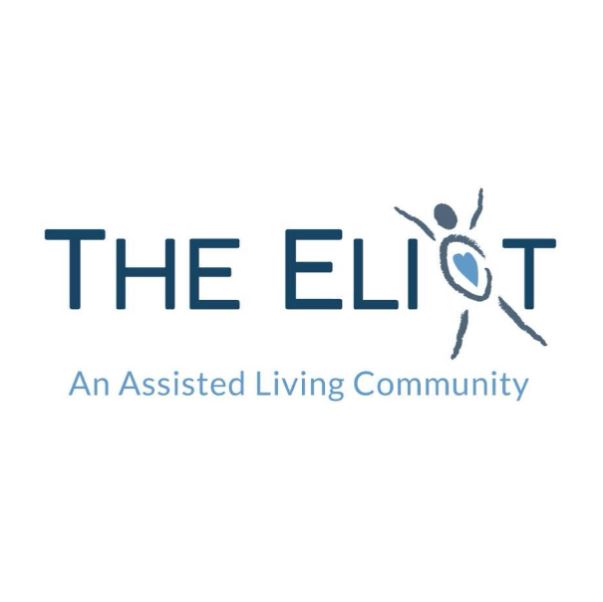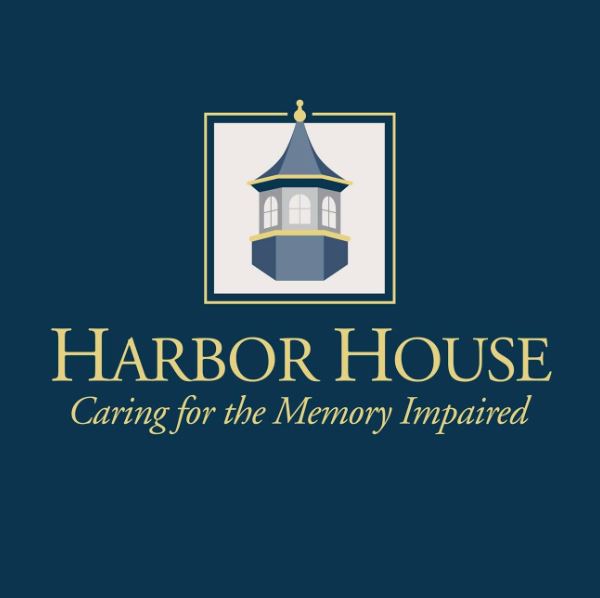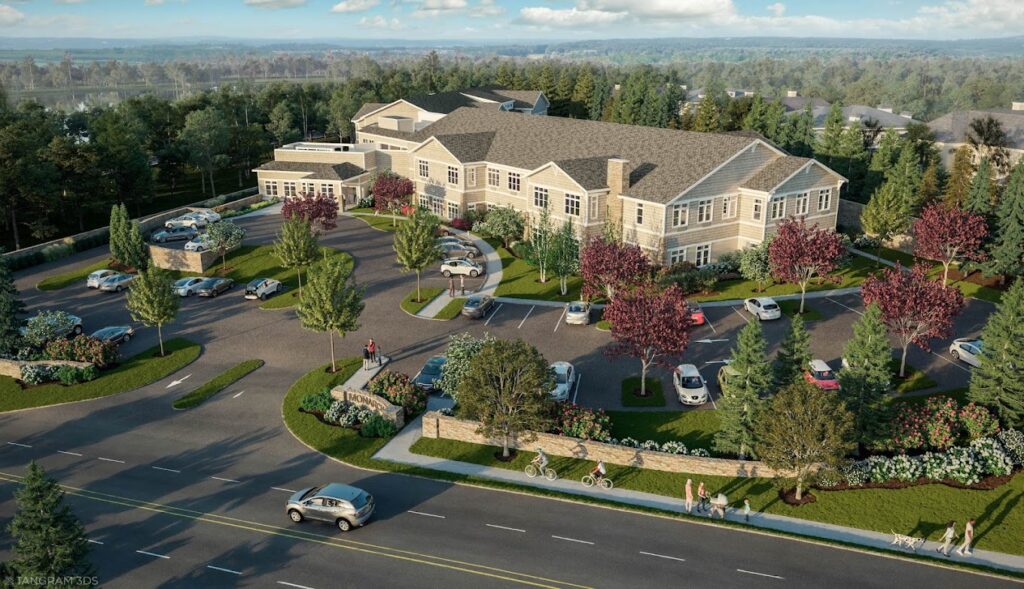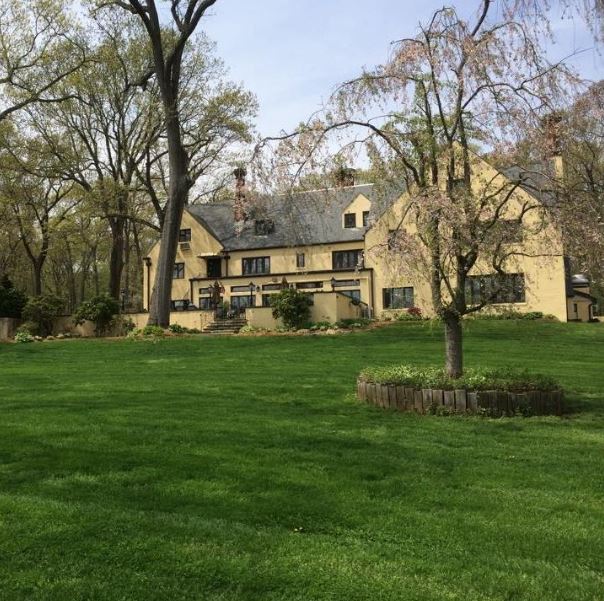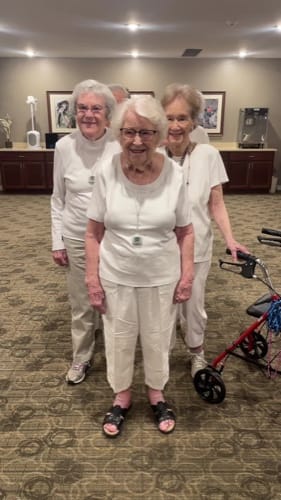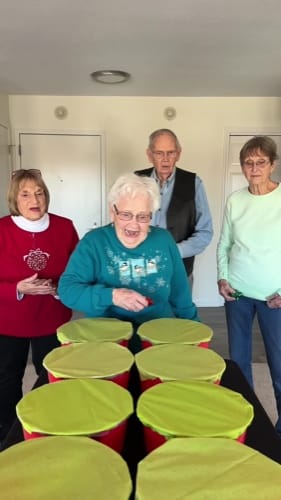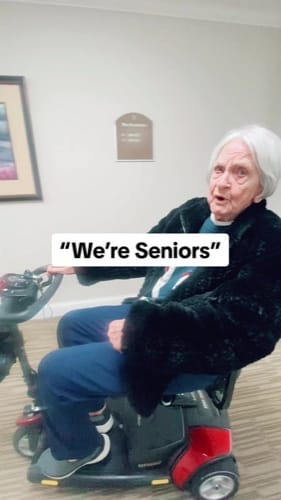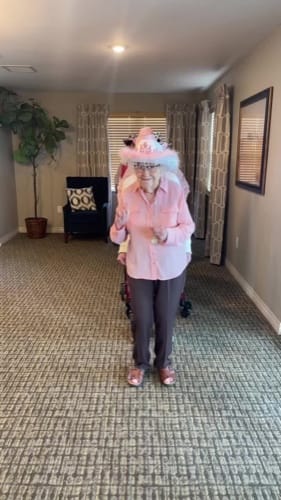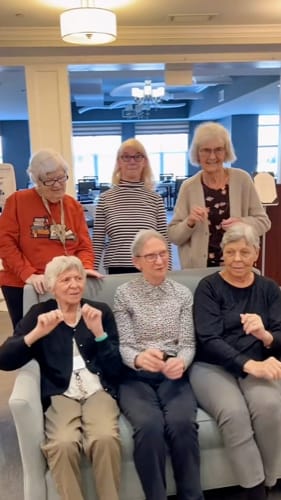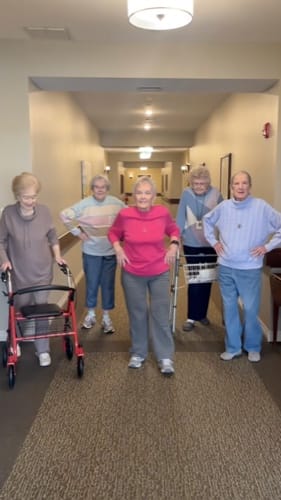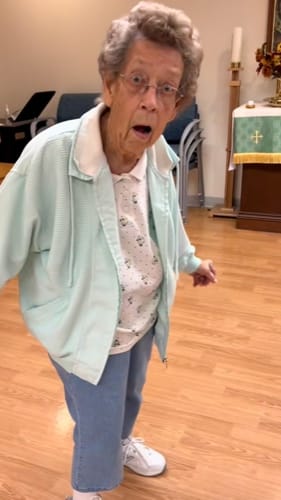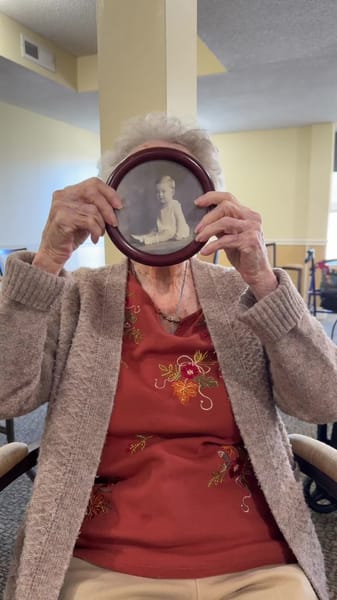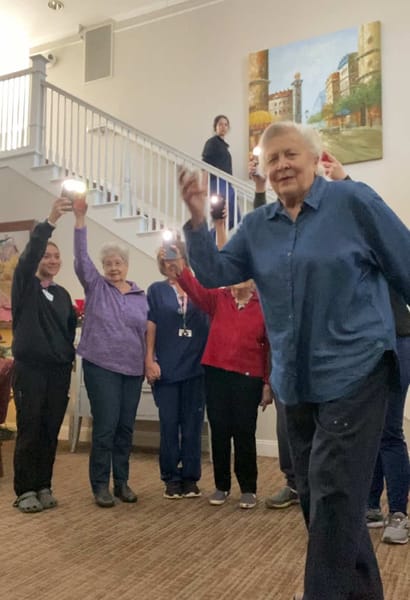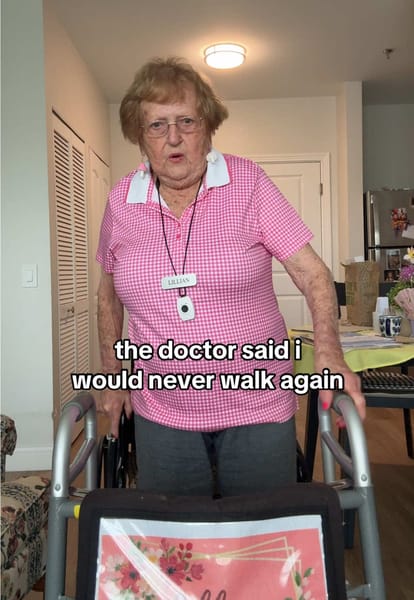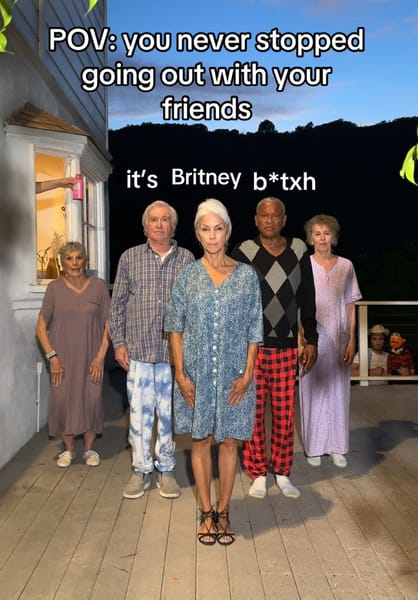Village Green Senior Living
Village Green Senior Living is an Assisted Living Home in New York State
Village Green Senior Living is an Assisted Living Home in New York State
Village Green Senior Living
Village Green Senior Living is an Assisted Living Home in New York State
Village Green Senior Living is an Assisted Living Home in New York State
Overlooking the scenic neighborhood of Levittown, New York, Village Green Senior Living is a thriving senior living community that offers assisted living and memory care for seniors dealing with memory loss. The community offers multiple floor plans, including studios, one-bedroom, and two-bedroom floor plans–allowing residents to choose just the right one that matches their preferences and needs. Residents enjoy flexible care plans that may include assistance with the activities of daily living, housekeeping, and laundry services.
With 24-hour security and an emergency system, residents enjoy their peace of mind, knowing that they are cared for in a safe and secure living environment. The community conducts a wide range of engaging and stimulating activities, ensuring residents are always engaged, active, and entertained. Breakfast, lunch, and dinner are all being served, with multiple options of carefully curated meals. At Village Green Senior Living, residents are empowered to live their best lives with the help of comprehensive services and a wealth of enjoyable activities and amenities.
Capacity and availability
Medium-capacity home
Offers a balance of services and community atmosphere.
About this community
Additional licensing details
Ownership & operating entity
Village Green Senior Living is legally operated by D & F Levittown, A.L., LLC.
What does this home offer?
Housing Options: Studio / Suite / 1 Bed
Building Type: 2-story
Transportation Services
Fitness and Recreation
Types of Care at Village Green Senior Living
Inspection History
In New York, the Department of Health, Office of Aging and Long Term Care performs unannounced onsite inspections to monitor compliance with state and federal healthcare regulations.
30 inspections
15 with violations, 15 without violations
25 complaint-related visits
New York average: 9 inspections
58 violations
Violations indicate regulatory issues. A higher number implies the facility had several areas requiring improvement.
New York average: 12 violations
0 enforcement actions
Penalties or interventions imposed by state regulators when facilities do not comply with quality, safety or regulatory standards.
Comparison Chart
The information below is reported by the New York State Department of Health.Assisted Living For seniors needing help with daily tasks but not full-time nursing.
Assisted Living For seniors needing help with daily tasks but not full-time nursing.
Memory Care Specialized care for those with Memory Loss, Alzheimer's, or dementia, ensuring safety and support.
Assisted Living For seniors needing help with daily tasks but not full-time nursing.
Memory Care Specialized care for those with Memory Loss, Alzheimer's, or dementia, ensuring safety and support.
Assisted Living For seniors needing help with daily tasks but not full-time nursing.
Assisted Living For seniors needing help with daily tasks but not full-time nursing.
Memory Care Specialized care for those with Memory Loss, Alzheimer's, or dementia, ensuring safety and support.
Places of interest near Village Green Senior Living
8.2 miles from city center
90 Schoolhouse Rd, Levittown, NY 11756
Calculate Travel Distance to Village Green Senior Living
Add your location
Guides for Better Senior Living
Care Cost Calculator: See Prices in Your Area
Nursing Home Data Explorer
Don’t Wait Too Long: 7 Red Flag Signs Your Parent Needs Assisted Living Now
The True Cost of Assisted Living in 2025 – And How Families Are Paying For It
Understanding Senior Living Costs: Pricing Models, Discounts & Financial Assistance
Claim What’s Yours: Financial Aid for New York Seniors
- General: Age 65+ or disabled, New York resident, Medicaid- eligible, care need (not necessarily nursing home level).
- Income Limits (2025): ~$2,829/month (300% FBR, individual).
- Asset Limits: $30,182 (individual, higher due to NY Medicaid expansion).
- NY Specifics: Higher asset limit; urban density increases demand.
- Services: Personal care (5-7 hours/day), respite care (240 hours/year), home modifications ($1,500 avg.), assistive technology ($500 avg.).
- General: Age 60+, New York resident, at risk of decline but not nursing home level.
- Income Limits: ~$2,500/month (individual, varies).
- Asset Limits: $15,000 (individual).
- NY Specifics: Cost-sharing required above certain income; urban/rural balance.
- Services: In-home care (3-5 hours/week), respite (up to 10 days/year), case management, transportation (~5 trips/month).
- General: Age 62+, NYC resident, live in rent-controlled/stabilized apartment, spend >1/3 of income on rent.
- Income Limits (2025): $50,000/year (household).
- Asset Limits: No strict asset cap, but income-focused eligibility.
- NY Specifics: Limited to NYC’s rent-regulated units; high demand in urban areas.
- Services: Rent freeze (e.g., covers increases of $50-$200+/month); tax credit for landlord.
- General: Age 65+, NYC resident, own and live in a 1-3 family home, co-op, or condo.
- Income Limits (2025): $58,399/year (household).
- Asset Limits: No strict asset cap, income-driven eligibility.
- NY Specifics: Applies only in NYC; excludes large apartment buildings.
- Services: Property tax reduction (5-50%, e.g., $500-$5,000/year based on income and property value).
- General: One participant must be 60+ (host or guest), NYC resident, able to share living space.
- Income Limits: No strict limit, but targets those needing cost relief.
- Asset Limits: Not applicable; focus on housing need.
- NY Specifics: Primarily NYC-focused; limited slots due to demand.
- Services: Shared housing (reduces rent/living costs by 30-50%, e.g., $500-$1,000/month savings); optional light assistance between housemates.
Contact Us
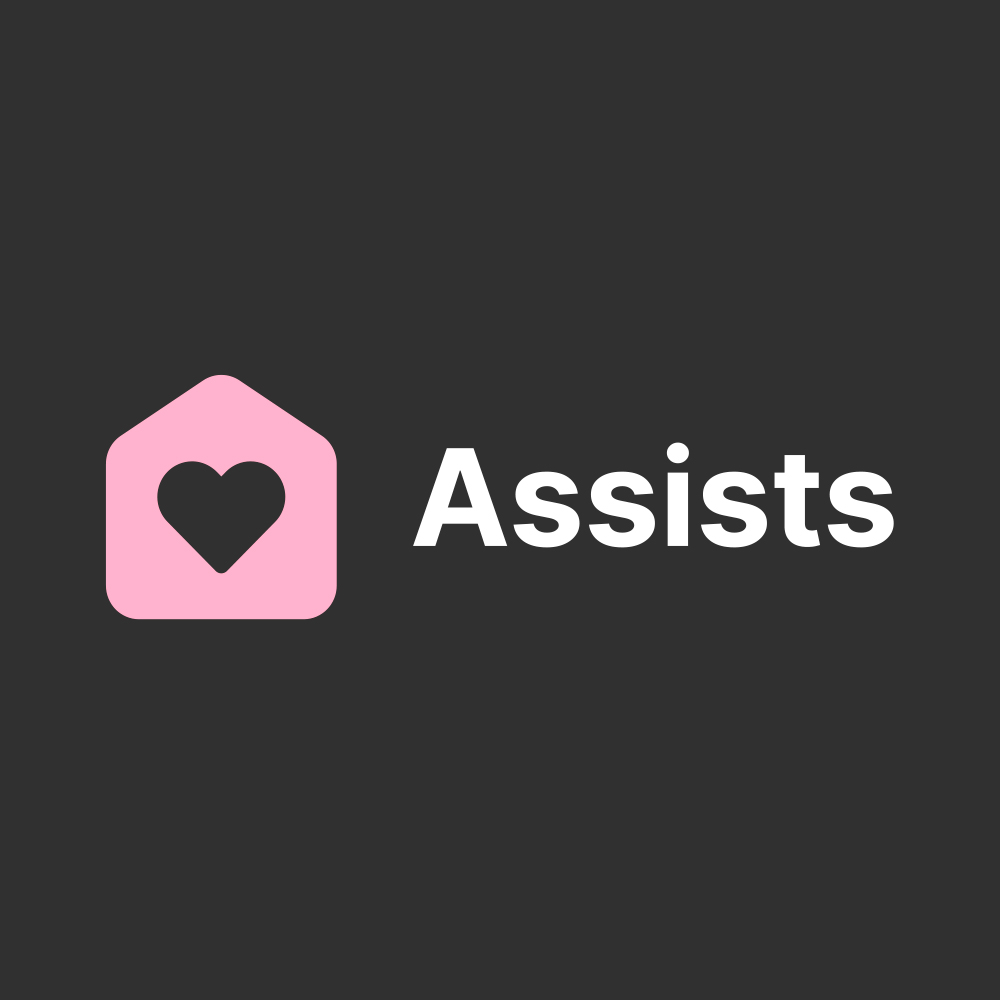
Your Senior Care Partner, Every Step of the Way
We help families find affordable senior communities and unlock same day discounts, Medicaid, and Medicare options tailored to your needs.
Contact us Today
Touring Checklist for Senior Living
Touring a community? Use this expert-backed checklist to stay organized, ask the right questions, and find the perfect fit.
Location
Community Spaces and Overall Environment
Services
Staffing
Accommodations
Finances
Other Notes
Send Checklist to Your Email
We'll send you a PDF version of the touring checklist.

